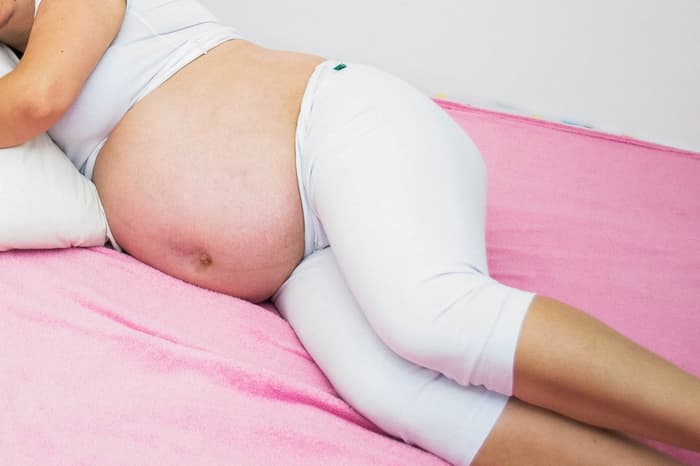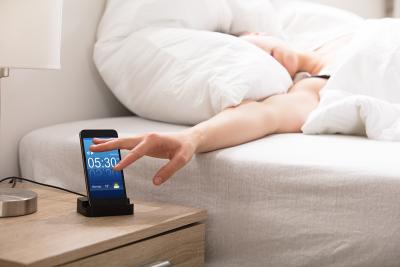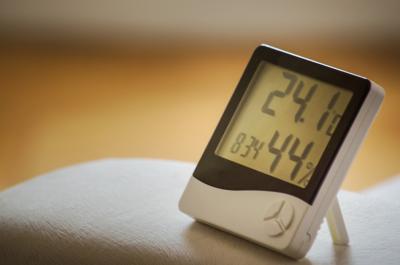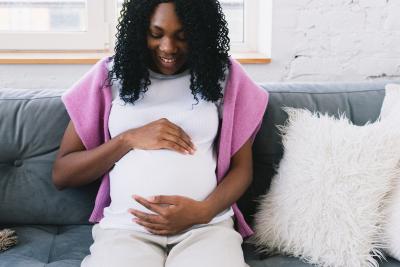Sleeping with a bun in the oven can be hard work at best, and if you don’t have the right slumber support, it can be very nearly impossible.In this case, I’ve compiled a nifty little guide to help those mother’s-to-be who are finding themselves in desperate need for a little shut eye for before baby comes.
So, What is the Best Mattress for Pregnancy?
Truth bomb time, sleeping while pregnant can be an exhausting effort. You’re basically strong-armed into switching up your entire night-time routine, and even then getting comfortable will be an up-hill battle.With this in mind, nine months is heck of a long time, so ensuring you have the right tools for the job should be up there on your ever-growing to-do list.
How Memory Foam Mattresses Can Help Your Bad Back While Pregnant
Are you finding yourself with one hand constantly placed on the bottom of your back? Lower back pain is pretty much a staple of pregnancy, and as the weight of your baby continues to grow, it’ll only worsen I’m afraid. When you’re pregnant, your center of gravity will naturally shift forward, causing your body to arch backwards and stop you falling forward a hundred times a day.However, that’s bad for your sleeping habits. And just when you thought that sleep would provide you with some respite, turns out fate and biology had other plans. Your back muscles will basically continue to contort throughout the night in an effort to handle the extra pressure, and if your mattress doesn’t adequately support this, then your poor body won’t get a chance to relax and heal in preparation for tomorrow. So, what's the solution? Well, memory foam mattresses are known for supporting equal weight distribution, and putting an end to all that night time contorting that wakes you up whether you need the toilet or not. Alongside this, memory foam is also the answer to one of the most infuriating aspects of pregnancy, your other half. No, it won’t make them turn into a DIY expert overnight, but if their bad sleeping habits are keeping you up at night, then the reduction in motion transfer provided by the memory foam should at least alleviate the issue.If you’re unsure which level of firmness will best fit your needs, then I recommend a medium to firm tension. This will retain enough comfort layers to relieve some of that pressure, but also has enough thickness so that you don’t sink into the bed. We all know how often pregnant women need to get up in the middle of the night, and the last thing you’ll need when your bladder is at bursting point is to be stuck in the midst of your mattress.
So, what's the solution? Well, memory foam mattresses are known for supporting equal weight distribution, and putting an end to all that night time contorting that wakes you up whether you need the toilet or not. Alongside this, memory foam is also the answer to one of the most infuriating aspects of pregnancy, your other half. No, it won’t make them turn into a DIY expert overnight, but if their bad sleeping habits are keeping you up at night, then the reduction in motion transfer provided by the memory foam should at least alleviate the issue.If you’re unsure which level of firmness will best fit your needs, then I recommend a medium to firm tension. This will retain enough comfort layers to relieve some of that pressure, but also has enough thickness so that you don’t sink into the bed. We all know how often pregnant women need to get up in the middle of the night, and the last thing you’ll need when your bladder is at bursting point is to be stuck in the midst of your mattress.
What About Pregnancy Mattress Toppers?
If you’re not sure about committing to a brand new mattress, then a mattress topper can offer a great amount of relief to your slumber situation.The great thing about mattress toppers is that they’re particularly effective for that crafty lower back pain that keeps you tossing and turning.Memory foam mattress toppers are particularly effective at around 2-3 inches thick and the construction of the topper means that it remembers your body’s optimum pressure and position, while also retaining the charms and quirks of your current mattress.However, if you’re in search of some softness, it’s important to take weight and density into consideration. Often I find that pregnant women are fine with the firmness of their current mattress but just need something a little bit softer to ease the extra aches brought on by pregnancy.For this, I’d recommend a 4lb mattress topper as not only will it be soft and supportive, but they’re also more likely to keep that density for the duration of your pregnancy.
What’s the Best Way to Sleep During Pregnancy?
 While there’s no perfect mattress for pregnant stomach sleepers, there are ways that you can adjust your usual sleeping style in order to ease that ache for comfort.Try sleeping on your side with your knees and hips bent and a pillow between your knees. Not only does it alleviate some of that extra pressure, especially during your final trimester, but it also improves the flow of blood and nutrients to your foetus, uterus and kidneys.Read more: The Many Benefits of Sleeping With a Pillow Between Your Legs
While there’s no perfect mattress for pregnant stomach sleepers, there are ways that you can adjust your usual sleeping style in order to ease that ache for comfort.Try sleeping on your side with your knees and hips bent and a pillow between your knees. Not only does it alleviate some of that extra pressure, especially during your final trimester, but it also improves the flow of blood and nutrients to your foetus, uterus and kidneys.Read more: The Many Benefits of Sleeping With a Pillow Between Your Legs
Take a Look at the Mattress That Could Help You Sleep
Memory foam mattresses are a wonder for women who are just trying to get some sleep while preparing for baby, and our mattresses have helped countless soon-to-be mothers - we're sure they could help you too!If you'd like to take a look at what pregnancy mattresses we have to offer, we have plenty of options for you to choose from. Browse our range of mattresses today.












